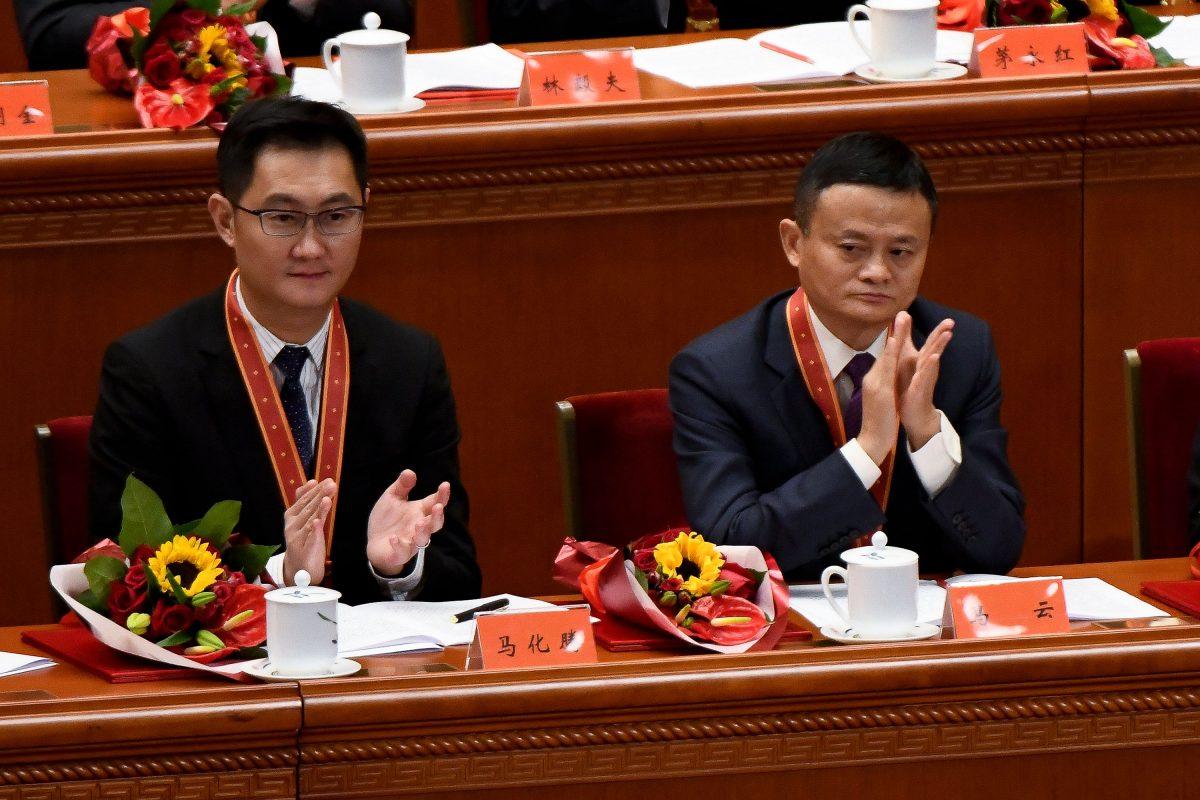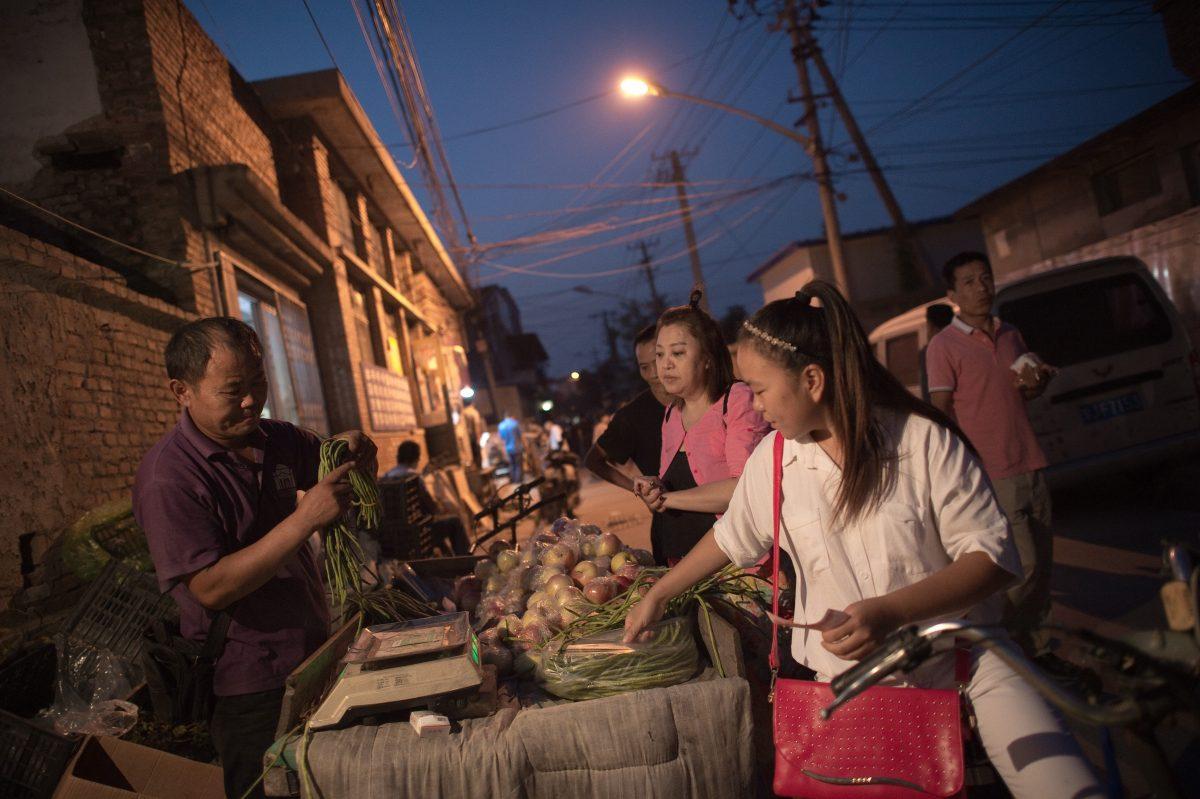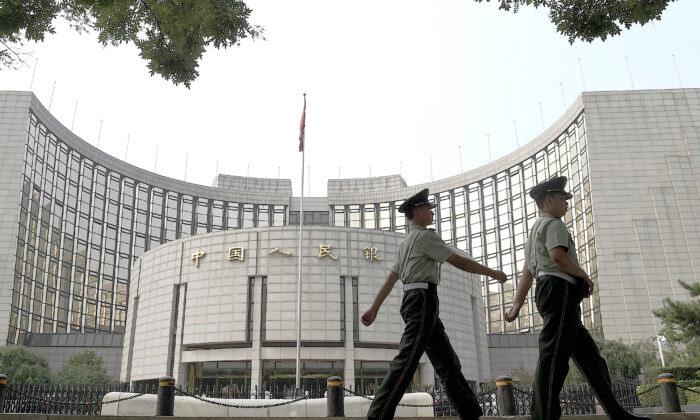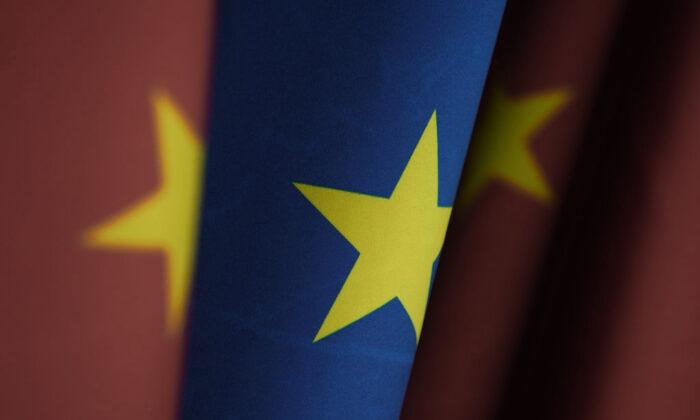Nathaniel Taplin and Jacky Wong, both reporters for the Journal, wrote, “Fundamentally, China needs a better-funded social safety net not tied to a certain location, and a financial sector that is less unfair to small businesses and households, if it really wants to fight inequality and keep young graduates employed,” they wrote. “Foisting the blame [for inequality] on the tech sector without undertaking tougher fiscal overhauls, on the other hand, looks a lot like trying to have your cake and eat it too.”
China’s tech titans responded quickly, by “donating” billions of dollars to social causes in an attempt to escape the CCP’s axe. Yet they can’t be sure how much charity is necessary to escape. If they don’t get it right, they, and a good portion of their companies, could disappear at any moment.
It’s an inefficient approach to taxation, to the point of nationalization, and one that leaves intact China’s regressive tax system, and social services linked to place of birth (often in poor rural areas), with all attendant burdens on small businesses, job seekers, and poor households.
Despite Xi’s claims to want a more equal society, China has long had some of the worst income and wealth concentration of any major economy. Sometimes, the communist country registers greater economic inequality than the United States. Data from Credit Suisse shows that in 2019, 1 percent of Chinese citizens held 30.6 percent of China’s wealth, more than in Britain, Japan, or Italy.

The Journal authors explain that for decades since Deng Xiaoping endorsed getting rich, many Chinese sought to follow his advice. Xi Jinping’s recent utterances have put that principle, and all of China’s property and incentives, into question. Xi’s Aug. 17 speech on “common prosperity” as the quintessence of socialism called for a rational adjustment of excessive incomes for the wealthy and major corporations, who were told to contribute more enthusiastically to society. Xi called for an aggressive expansion of the middle class, and a better social safety net, including elderly care and health services.
That’s highway robbery. But on the day of Pinduoduo’s announcement, its shares rose 22 percent, presumably because of its earnings, its political acumen in giving them all away, or perhaps because some state-owned bank bid up Pinduoduo shares to demonstrate to other tech giants that one can do well by doing good.
Striking fear into the tech sector, through Xi’s evident ire, is an uneven, and therefore inefficient, way of taxing national revenues and income. The politburo must know this, which points to a deeper reason for the crackdown. Large tech giants like Alibaba, Tencent, and Didi, are growing so powerful, that their leaders are becoming political competitors to the CCP. Big tech companies are also relatively easy targets due to their wide use and therefore very public stumbles.
Attacking big Chinese tech shows that the politburo, with Xi at the helm, is more interested in holding onto power by knocking down competing power bases, than in actual equality. Knocking them down actually increases inequality, because it increases the power of Xi.

Attacking China’s charitable and tech sectors is a double-edged sword for the CCP, as it could increase political dissent. Between 2018 and 2019, unemployment increased for those aged 16 to 24, from 11 percent to 14 percent. That’s a source of potential political instability, which is the CCP’s greatest fear.
Likewise, about half of the new workforce recently have been college graduates. Without suitable jobs, they could add to discontent. The assault on big tech will remove good jobs for educated job seekers, while undermining incentives for young entrepreneurs to create new tech jobs, thereby doubly adding to a pressure cooker effect of well-educated Chinese looking for, and failing to find, jobs with real upside potential.
Since 2008, the IT, finance, and software industries have had some of the best annual salary growth, rising about four times to $12,360 by 2019. That might not be enough to forestall dissent, given incomes that regularly reach roughly ten-times that in the West.
Thus, the ironic opportunity for the Wall Street Journal and Financial Times to give Xi advice on how, in fact, to achieve a more prosperous, equal, and charitable society, through leaving charities alone, and an equitable application of the rule of law and progressive taxes that actually help small businesses and the poor, rather than hurting them through arbitrary and irregular threats against some of their best employers.
Without saying so explicitly, such capitalist advice reveals how market democracies allow for a plethora of opportunities and power bases, including independent businesses, charities, religions, and academics, and are therefore more equal societies than those that claim communism as their guiding philosophy. Why? Because communism tends, through control of speech, charities, religion, and the economy, toward totalitarianism.





